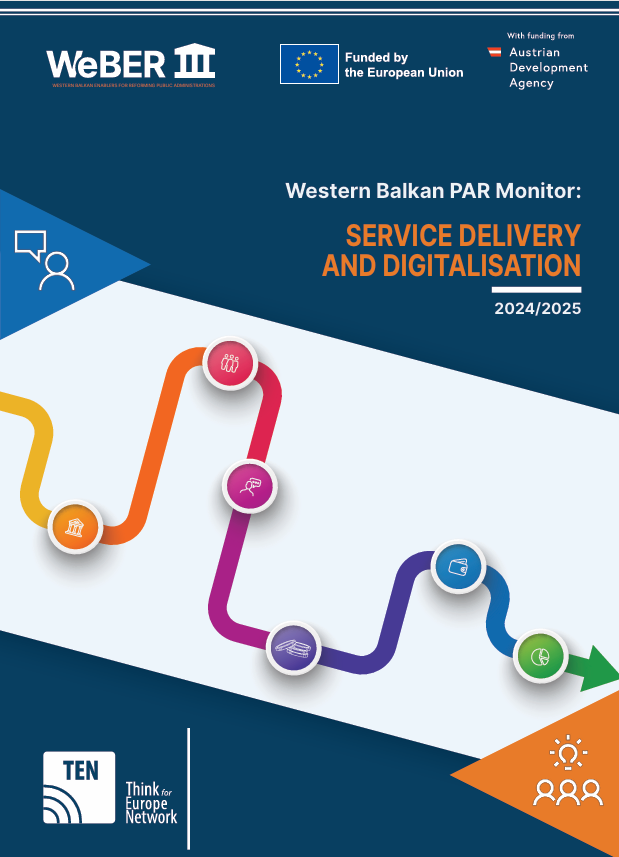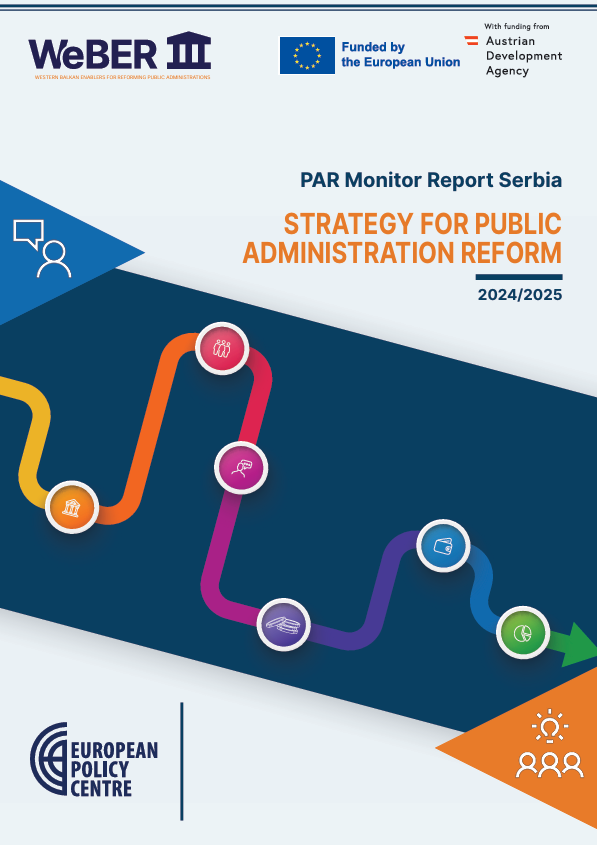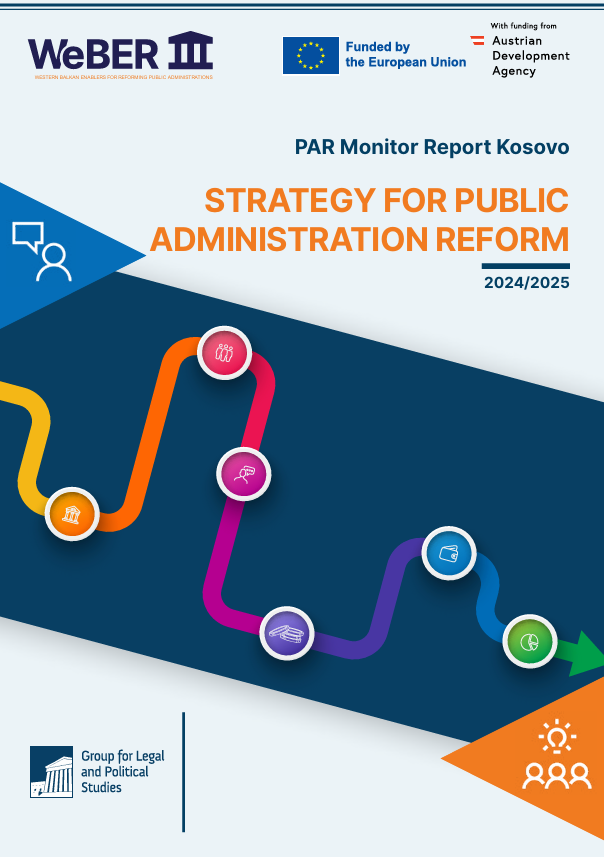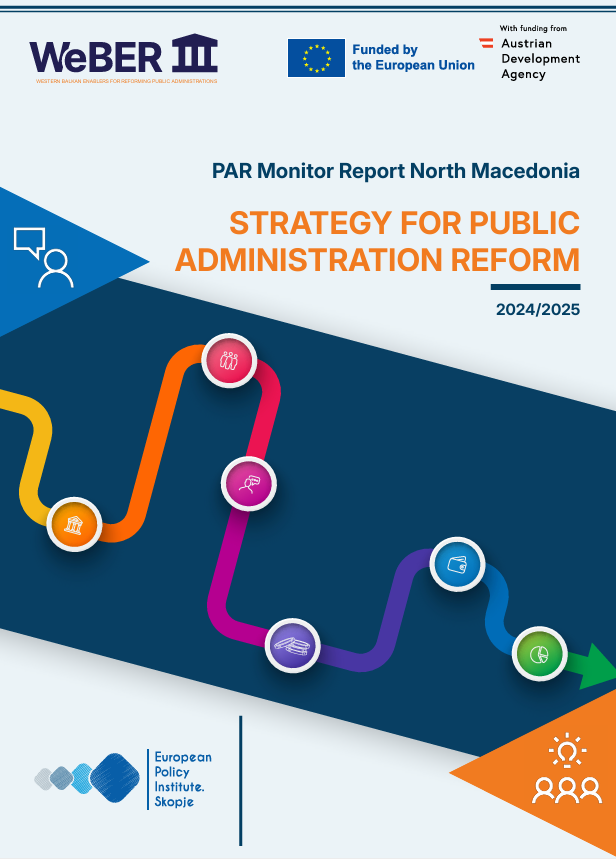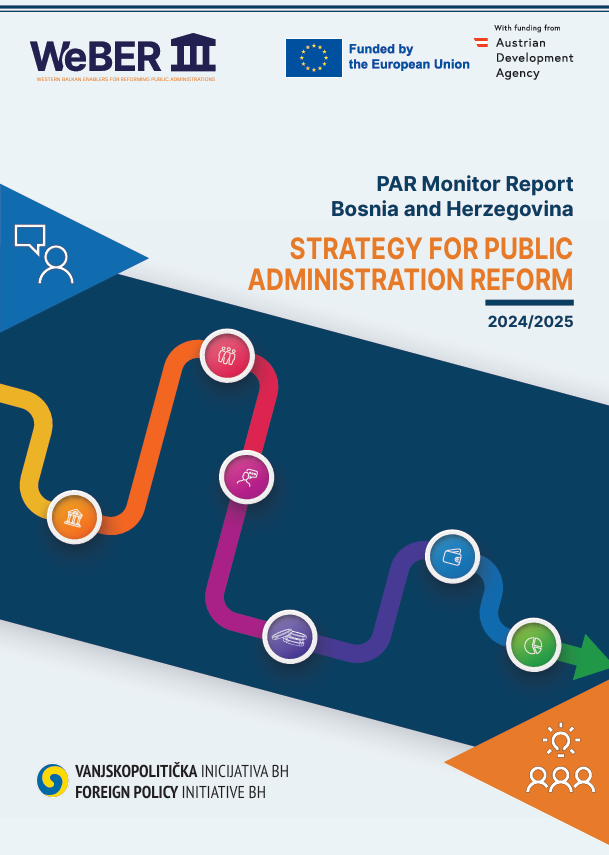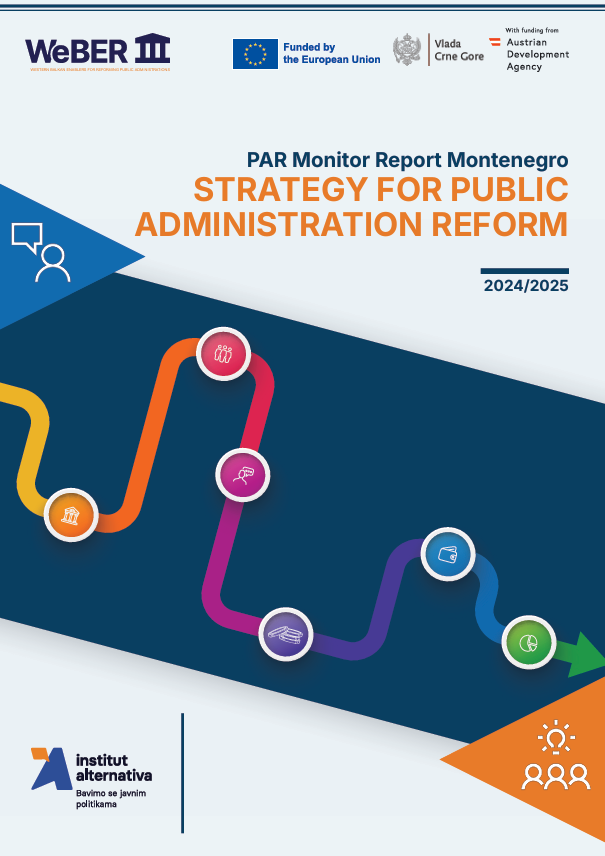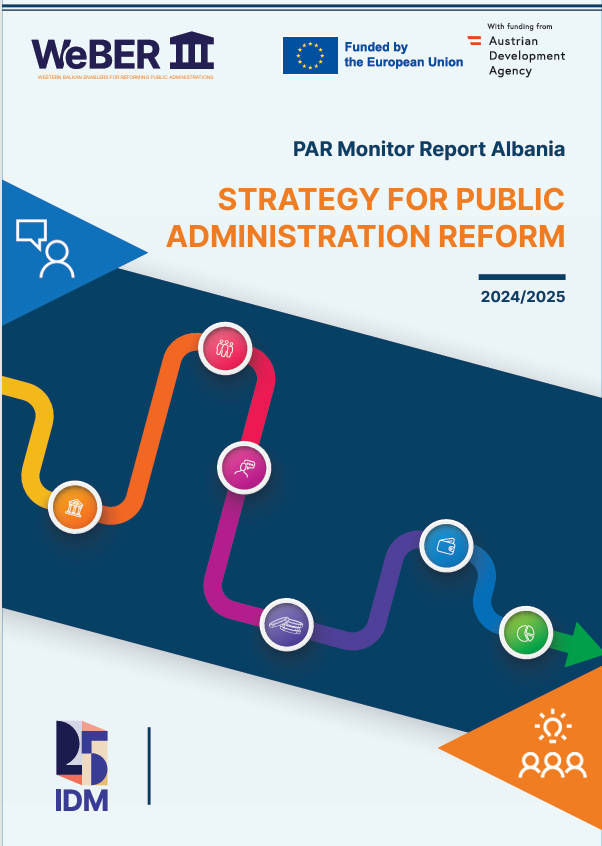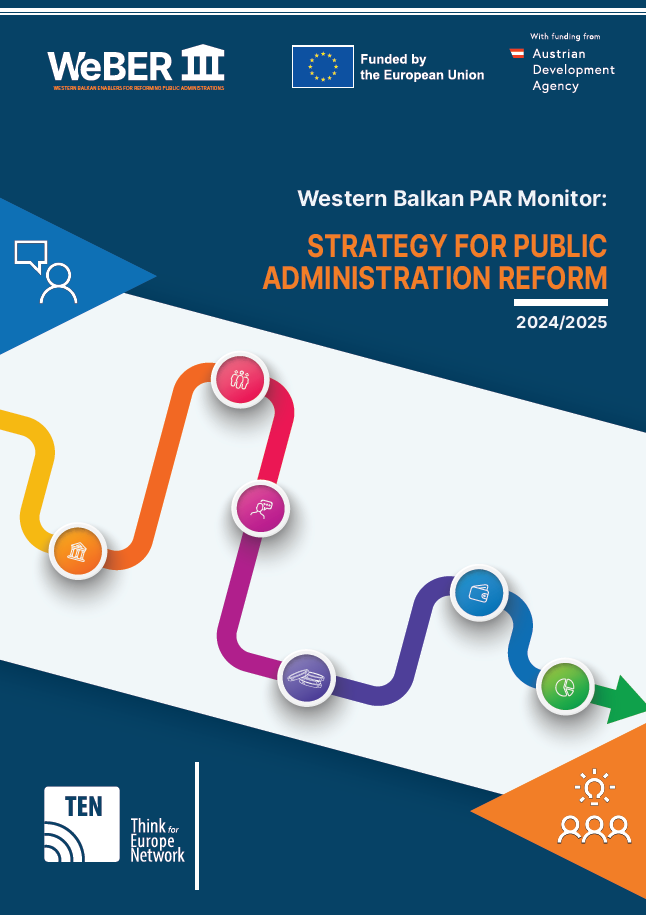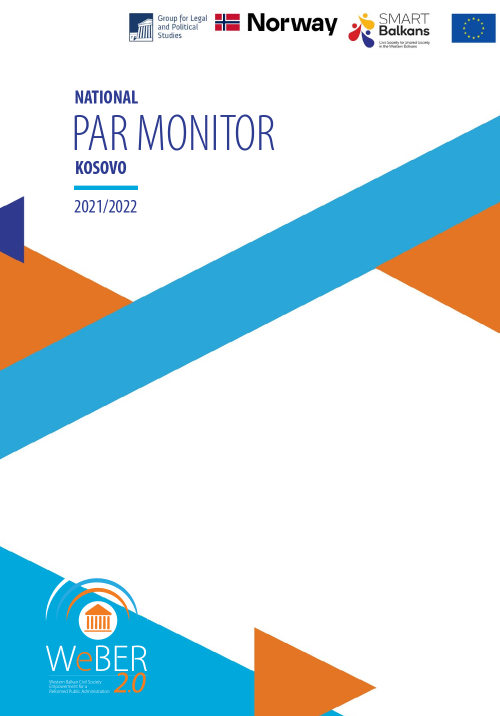National PAR Monitor Report: Service Delivery and Digitalisation 2024/2025 – Albania
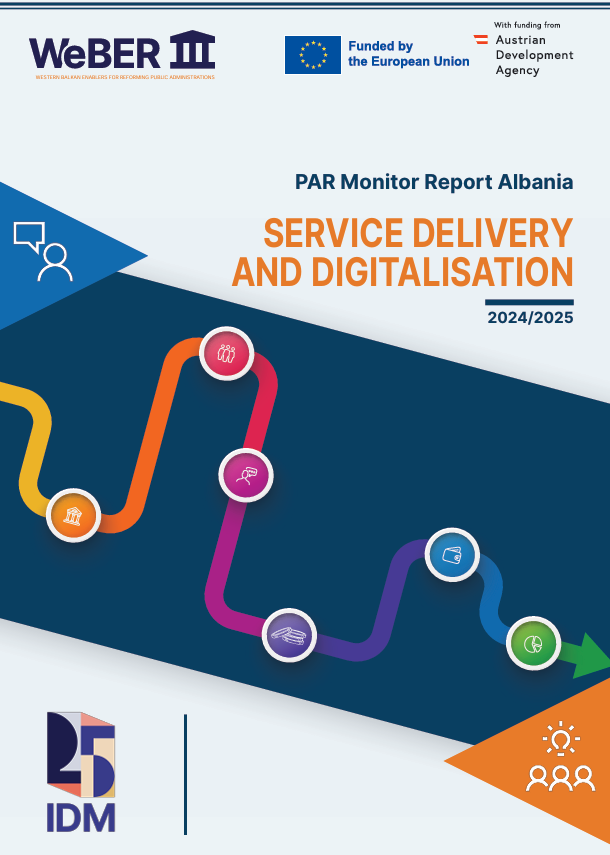
The assessment of transparency and inclusiveness of the PAR agenda in this report focuses on two critical issues – 1) participatory development of PAR planning documents, that includes non-state actors, and 2) involvement of CSO in the work of the governmental PAR coordination and monitoring mechanisms. For the former, the assessment briefly emphasises basic regulatory requirements for conducting consultations, continuing with the assessment of practices in involving external stakeholders and the public in the different stages of policy development for a sample of 16 PAR planning documents adopted since the PAR Monitor 2021/2022. For the latter, this report examines the extent and methods of CSOs’ and other non-state actors’ involvement in the PAR coordination and monitoring, both at the political and at the administrative levels, highlighting how institutionalised, and how meaningful, any such involvement is in practice. Findings of this report reflect the period since the publication of the PAR Monitor 2021/2022, starting from the second half of 2022, and until the end of 2024.
The National PAR Monitor Report: Service Delivery and Digitalisation 2024/2025 – Serbia is available for download here: English and Albanian.

